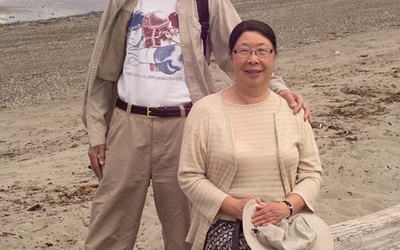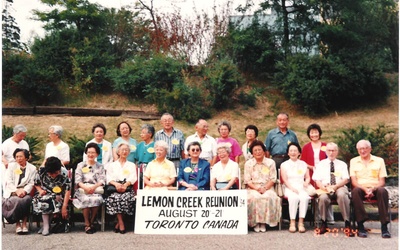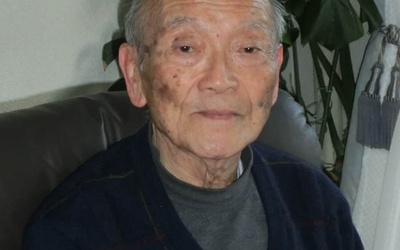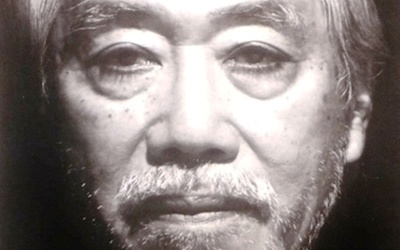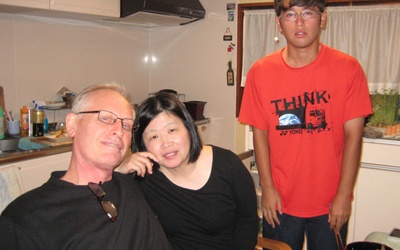Serie Nikkei canadiense

La inspiración para esta nueva serie de entrevistas nikkei canadienses es la observación de que el abismo entre la comunidad canadiense japonesa anterior a la Segunda Guerra Mundial y la comunidad Shin Ijusha (posterior a la Segunda Guerra Mundial) ha crecido enormemente.
Ser “Nikkei” ya no significa que uno sea únicamente de ascendencia japonesa. Es mucho más probable que los nikkei de hoy sean de herencia cultural mixta con nombres como O'Mara o Hope, no hablen japonés y tengan diversos grados de conocimiento sobre Japón.
Por lo tanto, el objetivo de esta serie es plantear ideas, desafiar algunas e involucrarnos con otros seguidores de Discover Nikkei con ideas afines en una discusión significativa que nos ayudará a comprendernos mejor a nosotros mismos.
Los nikkei canadienses les presentarán a muchos nikkei con quienes he tenido la suerte de entrar en contacto durante los últimos 20 años aquí y en Japón.
Tener una identidad común es lo que unió a los issei, los primeros japoneses que llegaron a Canadá, hace más de 100 años. Incluso en 2014, son los restos de esa noble comunidad los que todavía unen a nuestra comunidad hoy.
En última instancia, el objetivo de esta serie es iniciar una conversación en línea más amplia que ayude a informar a la comunidad global en general sobre quiénes somos en 2014 y hacia dónde podríamos dirigirnos en el futuro.
Historias de Esta Serie
Fumi Torigai: The Evolution of a Canadian Nikkei - Part 1
24 de junio de 2014 • Norm Masaji Ibuki
Who among us Nikkei has ever wondered about whether our lives might have been ‘better’ had we been raised, educated and worked in Japan? After I went to teach there in 1995, I started to question whether I could actually live in Japan permanently. To my mind, the lifestyle was preferable in many ways (e.g., teachers are respected, great public transportation, food, the splendid manners of the populace). However, when it came to career related issues, then there was no …
Tak Matsuba’s Odyssey from Vancouver to Osaka - Part 2
20 de mayo de 2014 • Norm Masaji Ibuki
Rear Part 1 >> Can you give me a rough chronology of your career path? I stayed briefly in Mio (about one month) and went to Tokyo and got a job with the U.S. Occupation Forces at Haneda Air Base. The job came with housing (barracks type) and we could eat at the G.I. Mess Hall, so it was very comfortable. The housing was not good. The heating was poor and there was no hot water, but at that time, …
Tak Matsuba’s Odyssey from Vancouver to Osaka - Part 1
19 de mayo de 2014 • Norm Masaji Ibuki
“In the 1945-1946 school year, Miss Haruko Ito taught us grade 7, but she left us before the end of the term. Tak Matsuba became our new teacher and continued on until June 1946. (We were exiled to Japan the same year!) He taught us to do our best in good faith and to complete our given tasks willingly. I remember him as a pleasant, fair person who was highly respected.” - Nisei Susan Maikawa recalling school life in Lemon …
Hamilton Artist Bryce Kanbara
16 de abril de 2014 • Norm Masaji Ibuki
After Bryce’s dad, Tameo Kanbara, was released from the prisoner of war camp in 1946, there were only two choices: move east of the Rocky Mountains or to war-torn Japan. To be sure, the government’s plan was to make sure that Japanese Canadians were dispersed across Canada so as to protect them from whatever imagined threat we represented. Every means possible was used to make sure that a post-war community like there had been in Vancouver never formed again anywhere …
Lorne Spry On Being a Blue-eyed Canadian Living in Sendai, Japan
13 de marzo de 2014 • Norm Masaji Ibuki
The intent of this series to look a little more closely at the Nikkei community from a cultural perspective that is not often heard from in the larger dialogue. I’ve written about the community for two decades now and, honestly, I am still not sure what makes it tick. There are a lot of arm chair theories about the disconnect between the generations, cultural gaps between Shin Ijusha and the pre-WW2 community, etc., etc. Being a Sansei who grew up …

